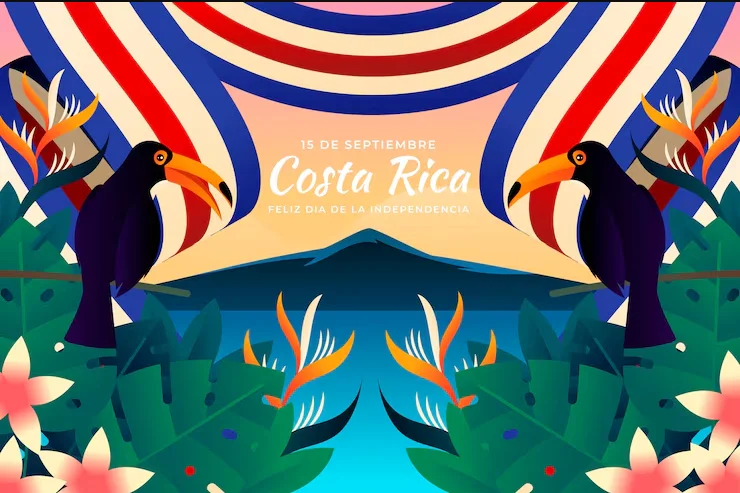
Relocating to Costa Rica from the United States has become increasingly popular for retirees, digital nomads, and families seeking a slower pace of life, natural beauty, and lower costs compared to the U.S. This detailed guide covers everything you need to know before making the move-from visa requirements and healthcare options to housing, lifestyle, and financial planning.
Costa Rica consistently ranks among the best destinations for U.S. expats. With political stability, a warm tropical climate, friendly locals, and a focus on environmental sustainability, the country offers an attractive balance between modern conveniences and laid-back living.
Moving to Costa Rica requires understanding the right residency path. As a U.S. passport holder, you can enter Costa Rica without a visa for up to 90 days as a tourist, but long-term residency requires an official application.
One of the biggest motivations for moving is cost savings. While Costa Rica is not the cheapest country in Central America, it offers excellent value.
Compared to U.S. urban living, Costa Rica can save expats between 30-50% depending on lifestyle.
Finding a home in Costa Rica requires research into location and legal considerations.
Tip: Foreigners can legally own property in Costa Rica, but always use a licensed attorney to verify titles and regulations.
Costa Rica offers high-quality healthcare at a fraction of U.S. prices. The Caja Costarricense de Seguro Social (Caja) provides public healthcare to residents, while private hospitals and clinics are also widely available.
For families moving with children, Costa Rica offers a mix of public schools, private bilingual schools, and international schools. U.S. expats often choose private institutions for quality and English instruction.
While it can be challenging to secure a traditional work visa, many expats generate income through:
Costa Ricans, known as Ticos, are warm and welcoming. Life here is centered on the famous phrase “Pura Vida”-a lifestyle of simplicity, happiness, and appreciation of nature.
Moving to Costa Rica from the USA offers an opportunity to embrace a healthier, more affordable, and fulfilling lifestyle surrounded by natural beauty. Whether you are retiring, working remotely, or starting fresh with your family, Costa Rica provides a welcoming home for expats looking for adventure and peace of mind.
Latest Article
Can You Drive in Europe with a US License?
Property Taxes in India: Complete Guide for Americans
How to Get a Mortgage for Overseas Property as an American
Moving to Costa Rica from the USA
How to Get Rid of Acne Scars: Effective Treatments & Tips
Share This Article
Portal Kahwin is a modern wedding planning platform offering digital wedding invitations, guest management, venue discovery, and budgeting tools. Designed for couples worldwide seeking a seamless and personalized wedding experience.